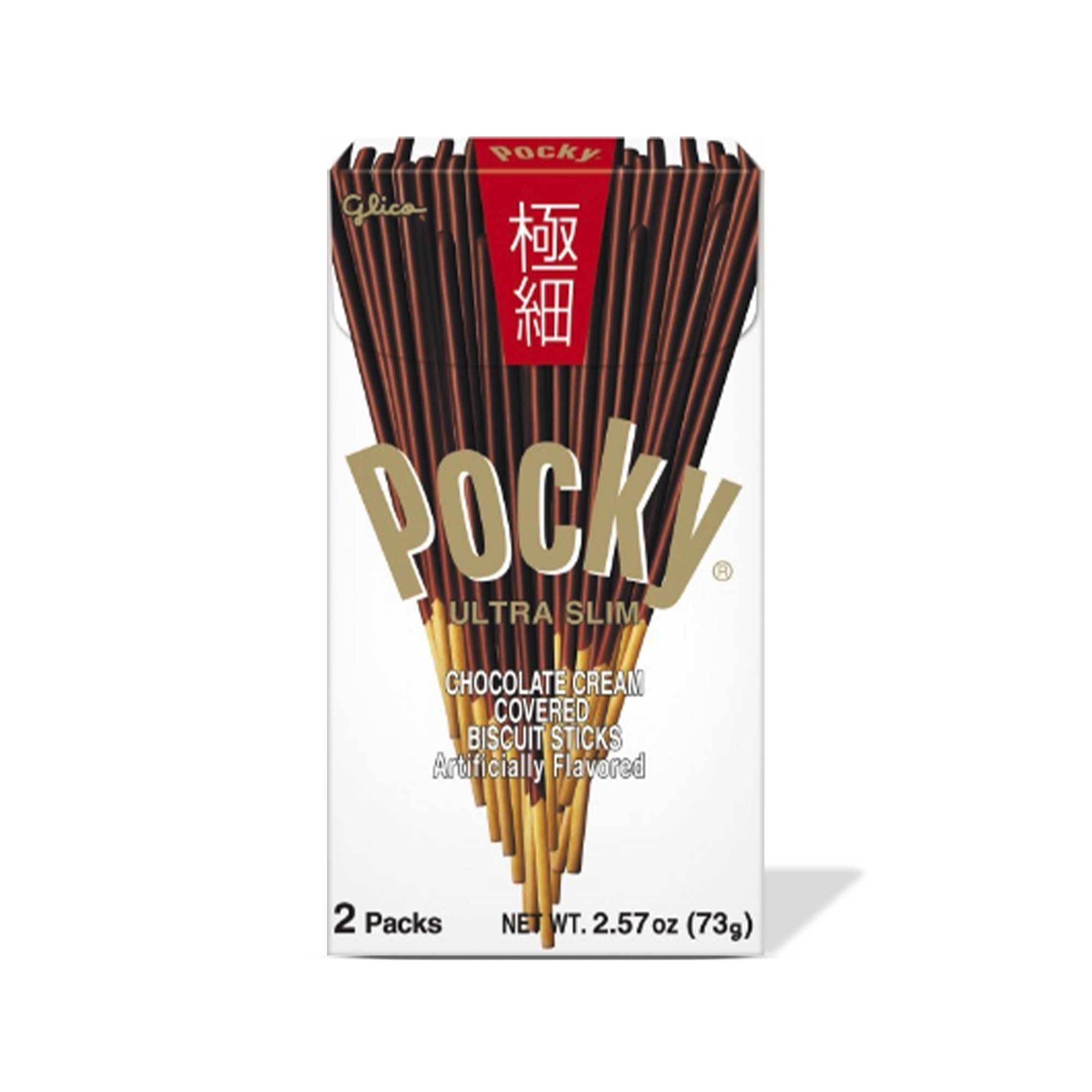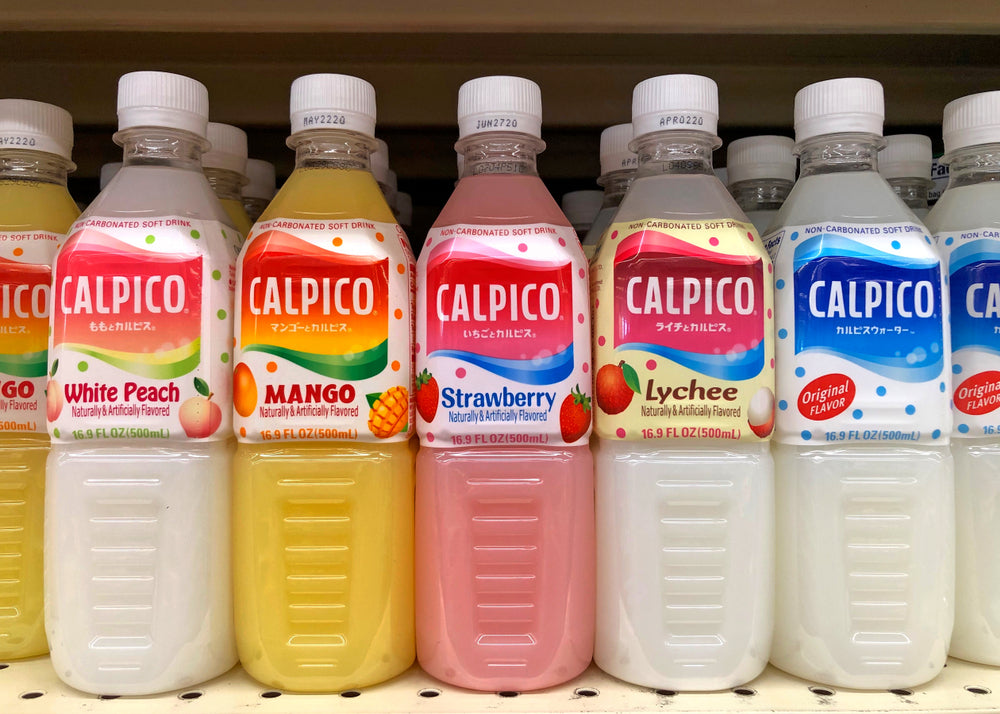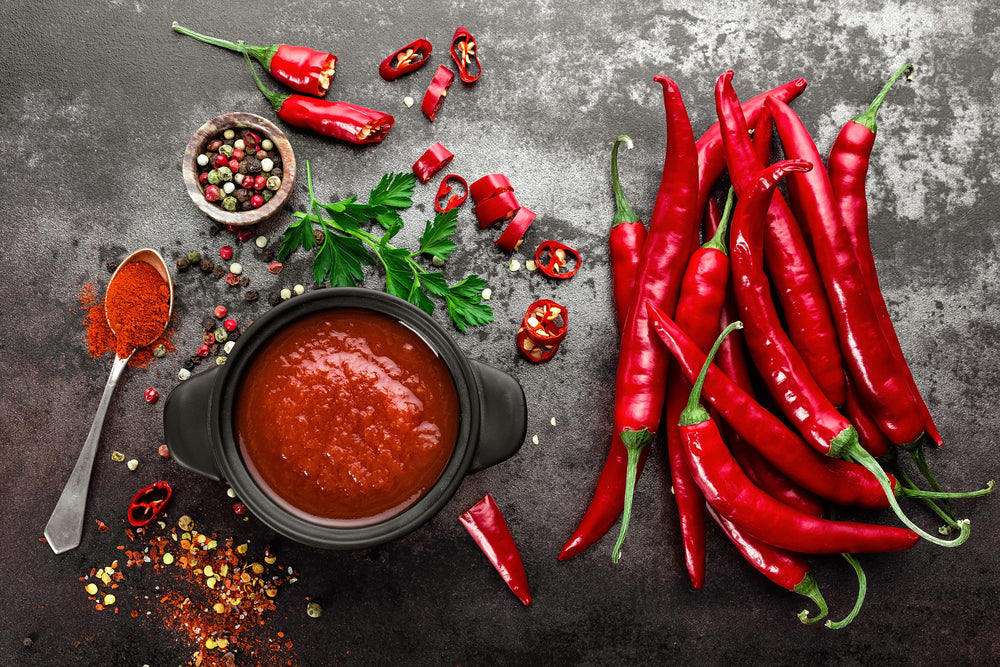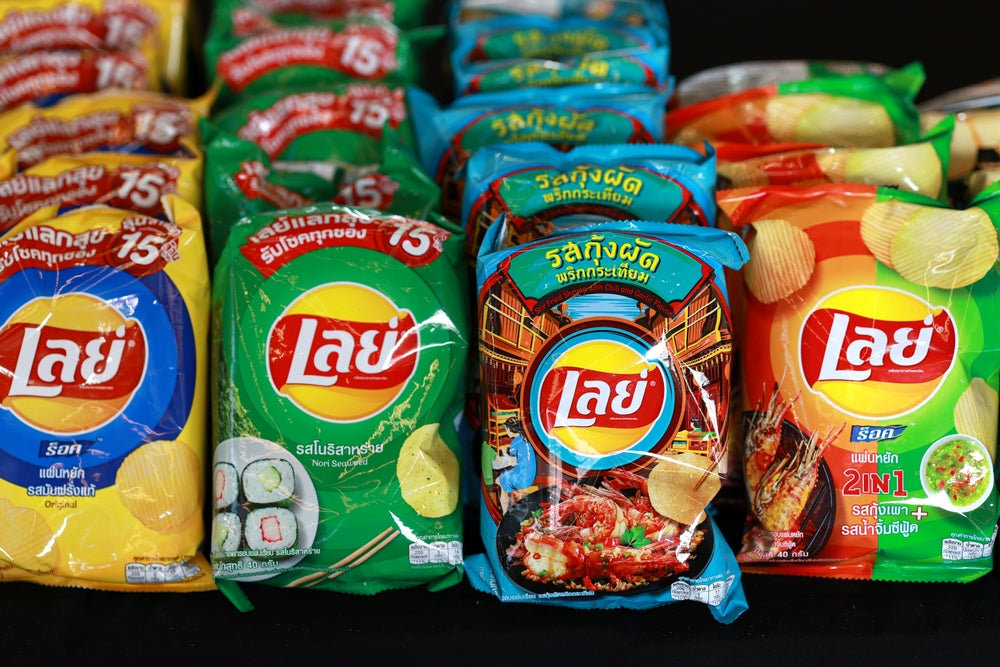The Spicy World of Korean Ramen
There are times when a craving for spicy noodle soup appears; what do you reach for? How about Korean ramen, otherwise known as Korean Ramyun? This delicious soup offers a spicy broth and soft noodles that will hit the spot every time.

What Is Korean Ramyun?
This type of soup was created in the early 1960s to alleviate hunger in Korea after the Korean war. The initial creator was Samyan Ramyun, who thought to combine his previously created version of instant noodles with the Japanese ramen noodle preparation to generate the ramyun version known today.
Korean ramyun was met with immediate popularity and spread worldwide after the creation of Shin Ramen, also known as Shin Ramyun. You’re likely to see this version of ramyeon (another spelling of ramyun) in dehydrated form. This version is usually sold in either a cup or a packet, as some of the best instant noodles.
In the early 2000s, additional flavors of ramyun began to arise as chefs and people experimented with ingredients. Now, there are many delicious versions to choose from.
Is There a Difference Between Korean Ramen and Ramyun?
Surprisingly, there is a difference between Korean ramen and ramyun. If you order ramen noodles at a Korean restaurant, expect a fresh soup inspired by Japanese ramen. The other version, ramyun, is made from packet noodles added to boiling water. Many people use ramen, ramyun, and ramyeon interchangeably when discussing this delicious soup.
What Is Korean Ramyun Made Of?
Each delicious package of ramyun typically arrives with a block of noodles that have been dried. A separate packet of spicy seasoning accompanies these Asian noodles. The noodles are usually created from wheat flour, salt, kansui (soda-flavored water), and regular water. The spice mix consists of garlic, spicy red chile pepper, onion powder, soybean paste (aka doenjang), mushroom extract, and additional seasoning. The result is a spicy, salty, complex flavor, unlike other soup broths.
What Are the Differences Between Korean Ramyun and Japanese Ramen?
There are multiple differences between Korean ramyun and Japanese ramen, the first being when each was created. Ramen was made in China, then shifted to Japan in the mid-1800s. In comparison, ramyun didn’t come into play until the 1960s.
Ramen includes pork, chicken, or seafood stock with fresh noodles and a mild, umami flavor. Depending on the brand, if you purchase instant ramen noodles, they may also include palm oil. Ramyun has a bold, spicy taste often created from a spice mix. These noodles, as noted, arrive dried and are ready in minutes. For the past 20+ years, all instant noodles are now regulated by the World Instant Noodles Association, ensuring the quality is up to par.
What Makes Korean Ramen Special?
In combination with its unmistakable flavor, its history makes Korean ramyun special. It easily differentiates itself from its predecessors – Chinese and Japanese ramen. Add in the convenience of quick-cooking noodles and a prepared soup base, and you have one tasty, fast, satisfying soup bowl.
Making Korean Ramyeon at Home
Recreating Korean Ramyeon at home is incredibly easy, and there are multiple varieties available for you to try. Of course, it’s necessary to start the list off with Nong Shim Shin Ramyun Spicy Ramen

and Nong Shim Shin Ramyun Black Spicy Ramen. Nong Shim is the first brand that sold Shin ramyun internationally.

For those who want a tangier broth, opt for Jongga Kimchi Ramen.

Other additional options include Daebak Ghost Pepper Chicken Noodles,

Daebak Habanero Spicy Chicken Noodles,

and Daebak Habanero Kimchi Jjigae.

If you have extra broth and some rice noodles, turn it into two meals and soak up all of the delicious flavors.
Change it up and try a version of ramyun from South Korea by eating jajangmyeon. This variety of ramyeon offers delicious noodles covered in a black bean sauce instead of a soup broth. You can make this recipe at home with Nongshim Chapagetti Noodle (4-pack), inspired by a Chinese fried noodles dish. Then, add your favorite toppings like a sprinkle of green onions.

Of course, there are many other delicious, dried noodle options, all of which can be found at Bokksu Market. Bokksu Market is an Asian grocery store where you can order groceries online. All your favorite Asian grocery items, including Japanese grocery foods, are available for purchase with the convenience of online ordering.
By Krystina Quintana
Author Bio









